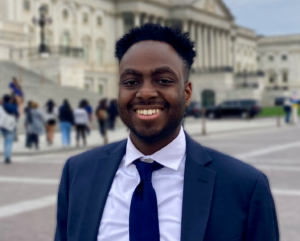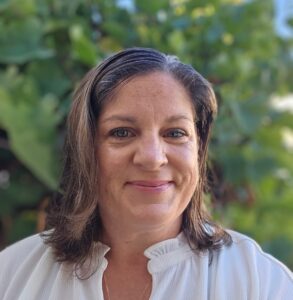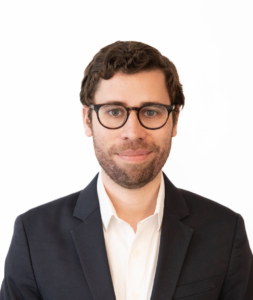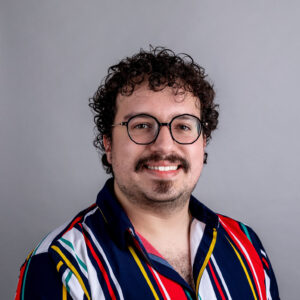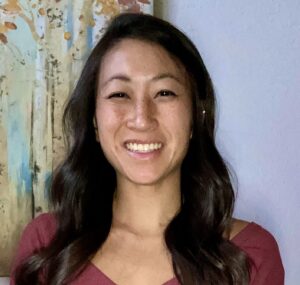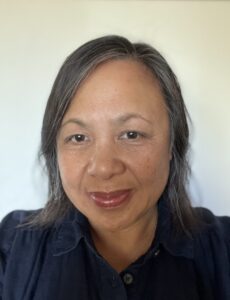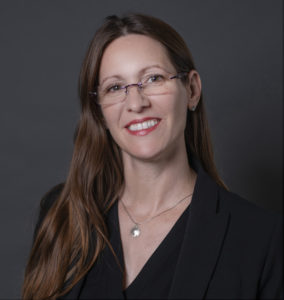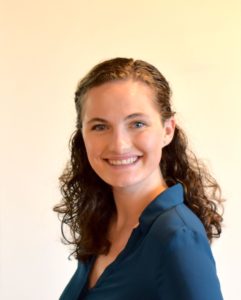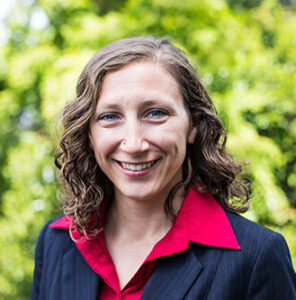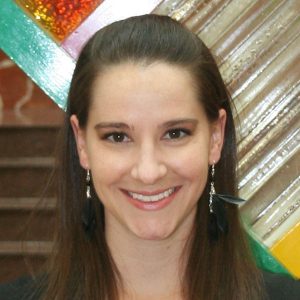Staff
-
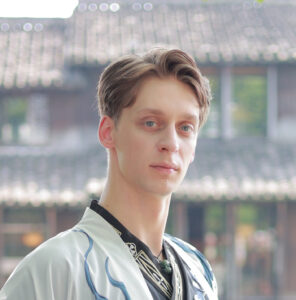
Jonathan Klonowski
Jonathan is a policy postdoctoral researcher at the Engineering Biology Research Consortium focusing on biosecurity and simulating the bioeconomy. Earning is PhD from the University of Pittsburgh School of Medicine, Jonathan used an interdisciplinary approach to explore the complexities of developmental diseases employing biological and computational methods. Transitioning into policy, Jonathan now aims to leverage his expertise and leadership to drive evidence-based policy at the intersection of biotechnology, national security and society to ensure inclusive solutions for society’s most pressing challenges.
During graduate school, Jonathan led Allegheny Science Policy and Governance for five years, promoting the role of science in public policy. He organized over 15 Science Policy, Advocacy, Communication and Diplomacy (Sci-PACD) events, mentored 10 early-career scientists, and published several policy manuscripts that contributed to the engagement of scientists in policy. Jonathan Is also a member of the National Science Policy Network, where he launched and managed two grants amplifying the voices of minority communities in Sci-PACD.
In 2023, Jonathan consulted for the Special Competitive Studies Project — a think tank focused on U.S. competitiveness in the technology sector — utilizing his strengths as an adaptable analyst also capable of uniting stakeholders. There, he authored a public-private moonshot action plan to foster innovation in biotechnology by creating an open-source genetic library that encompasses global biodiversity. His work contributed to initiatives that aim to enhance national security and competitiveness by promoting collaboration across the Vannevar Bush Triangle.
